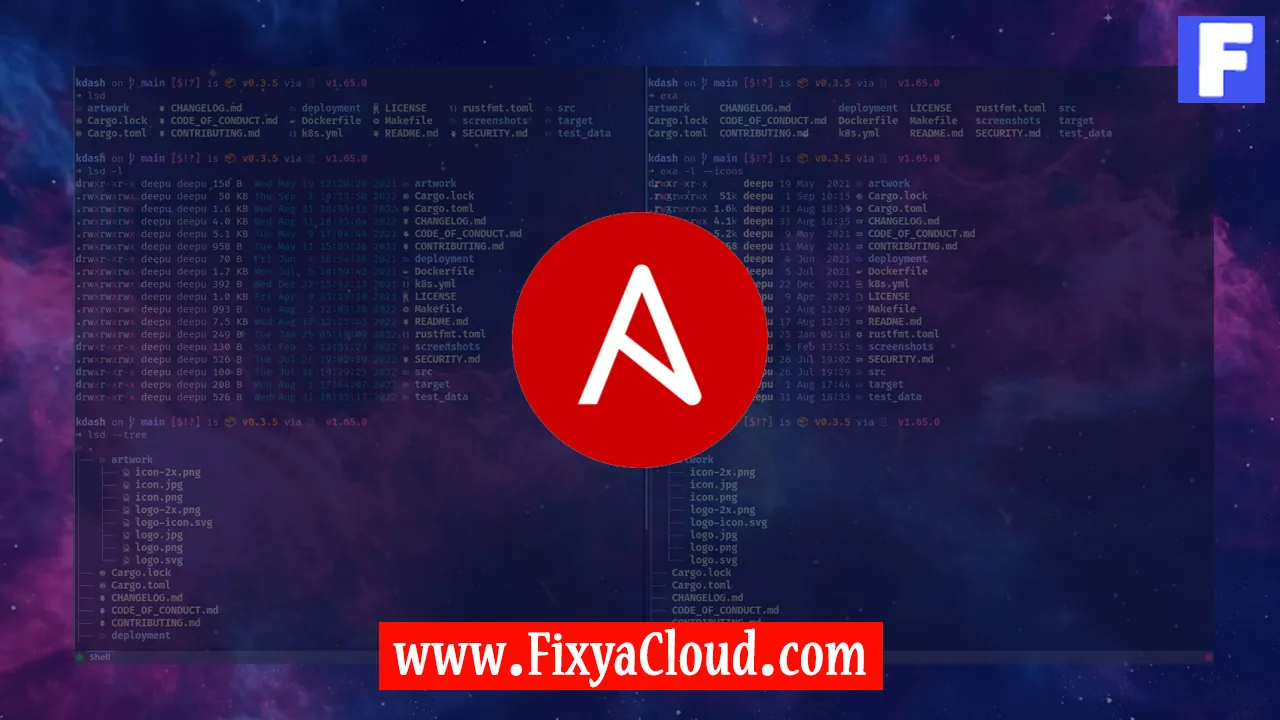Exploring the Power of Ansible in DevOps

In the fast-paced world of DevOps, automation plays a pivotal role in streamlining workflows and ensuring efficient collaboration between development and operations teams. One tool that has gained significant popularity for its prowess in automation is Ansible. In this article, we will delve into the power of Ansible in the realm of DevOps, exploring its capabilities, key features, and how it can enhance the overall efficiency of your development and operations processes.
Unleashing the Potential of Ansible
DevOps is all about breaking down silos, fostering collaboration, and accelerating the development and deployment of software. Ansible, an open-source automation tool, is designed to facilitate this process by automating repetitive tasks, reducing manual errors, and ensuring consistency across environments. Let's embark on a journey to uncover the various facets of Ansible and how it can be a game-changer in the DevOps landscape.
Understanding Ansible: A Brief Overview
Ansible is an agentless automation tool that uses a simple and human-readable language (YAML) for configuration. It excels in configuration management, application deployment, task automation, and orchestration. With Ansible, you can define infrastructure as code, making it easier to manage and reproduce environments consistently.
Installation and Setup: Getting Started with Ansible
To unleash the power of Ansible, the first step is to install it on your control machine. The following commands demonstrate how to install Ansible on a Linux-based system using the package manager:
sudo apt-get update
sudo apt-get install ansibleOnce installed, configuring Ansible involves creating an inventory file to specify the target hosts and establishing SSH connections for seamless communication.
Creating Playbooks: Defining Your Infrastructure as Code
Playbooks are at the heart of Ansible automation. These YAML files define a series of tasks that Ansible should execute on remote hosts. Below is a snippet of a basic playbook for installing and configuring Nginx:
---
- name: Install Nginx
hosts: web_servers
tasks:
- name: Install Nginx
apt:
name: nginx
state: presentExecuting Commands with Ansible: Going Beyond Playbooks
Ansible provides ad-hoc commands for quick tasks without the need for a playbook. For example, the following command updates the package cache on all hosts:
ansible all -m apt -a "update_cache=yes"This flexibility allows for both granular control through playbooks and immediate actions with ad-hoc commands.
Dynamic Inventories and Scaling Infrastructure
Ansible inventories can be static or dynamic, with dynamic inventories providing the ability to scale infrastructure dynamically. Integration with cloud providers like AWS or Azure allows Ansible to adapt to changes in your environment automatically.
More Examples:
Let's explore more examples to illustrate Ansible's versatility:
Configuring Firewall Rules:
---
- name: Configure Firewall
hosts: web_servers
tasks:
- name: Allow SSH
ufw:
rule: allow
port: 22Deploying Application Code:
---
- name: Deploy Application
hosts: app_servers
tasks:
- name: Copy Application Code
copy:
src: /path/to/app
dest: /var/www/appManaging Users:
---
- name: Create User
hosts: all
tasks:
- name: Add DevOps User
user:
name: devops_user
password: $6$rounds=10000$SALT$ENCRYPTED_PASSWORD
state: present
Leveraging Ansible for DevOps Success
In the dynamic landscape of DevOps, Ansible emerges as a powerful ally, providing a scalable, flexible, and user-friendly automation solution. From simplifying configuration management to orchestrating complex workflows, Ansible empowers DevOps teams to achieve greater efficiency and collaboration.
Related Searches and Questions asked:
That's it for this topic, Hope this article is useful. Thanks for Visiting us.
